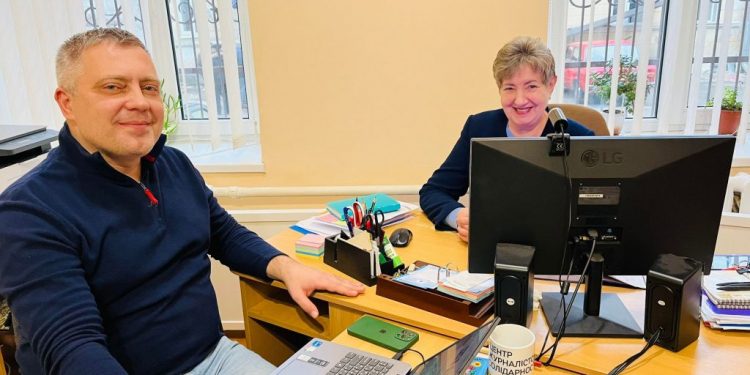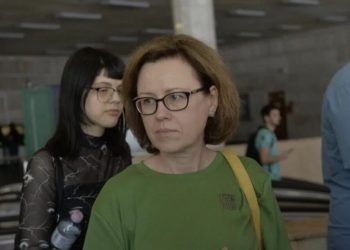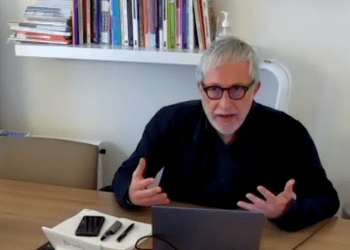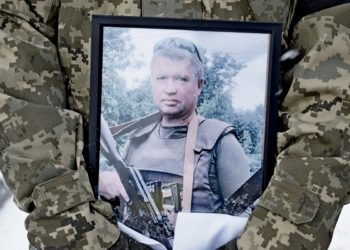With the beginning of the full-scale war, a communication platform, the Journalists’ Solidarity Center (JSC) started to operate in Ivano-Frankivsk at the initiative of the National Union of Journalists of Ukraine (NUJU) and with the support of the International and European Federations of Journalists and UNESCO. The platform is destined to ensure the proper work of media workers, primarily those who were internally displaced due to the war.
All the conditions for the work of media people have been created at the JSC’s co-working space. Here, journalists can use Internet connection, charge their electronic devices, work, and send materials to their newsroom on time.
“Today, we all have to collect ourselves, unite, and support each other as much as possible. Understanding this difficult situation in which journalists, in particular, find themselves under the conditions of war, we strive to support our colleagues, help them work without obstacles, and convey to people the latest information about what is happening in our country and beyond. The Center is equipped with computer and photocopying equipment, as well as photographic equipment. The room is equipped with a generator to ensure having electricity at all times,” says Viktoriya Plakhta, the coordinator of the JSC.
According to Viktoriya Plakhta, over 800 people have visited the communication platform since the start of its work.
The other day, our colleague Oleh Baturin from the Kherson Region, who now temporarily lives in Ivano-Frankivsk, turned to the co-working space of the JSC for help. The employees of the Center provided the colleague with everything necessary to work on editorial materials and preparation of relevant documents. Regarding the latter, as Oleh Baturin said, he submitted an official statement to the police about receiving a series of threats against him through social networks. This situation is related to his professional activity as an investigative journalist (Oleh Baturin works at the Center for Investigative Journalism) and occurred after the publication of extreme material of public interest.
It should be noted that from the first day of the war, Oleh Baturin had to work under conditions of occupation. Subsequently, from March 12 to 20 last year, he was in russian captivity.
“When I was under occupation, I kept in touch with the leadership of the NUJU. I am grateful to Sergiy Tomilenko and his colleagues for their support. First of all, I would like to note the moral support. It may seem so banal, but I very often mentioned, both during the occupation and after, that those first phone calls from colleagues in the first week of the occupation were very important. They called, talked, gave advice, and calmed down. Journalists’ Solidarity Centers provide great work and support to us journalists. At one time, I repeatedly applied for help, in particular, to the Lviv JSC, and now my colleagues in Ivano-Frankivsk are helping me. This help is very important, timely, and necessary: sometimes, when there is a power outage, you can urgently work on some topic, you can get a bulletproof vest and a first-aid kit for a trip to the front-line territories, etc. This kind of help and support is important,” said Oleh Baturin.
Dana Danyliv

 THE NATIONAL UNION OF
JOURNALISTS OF UKRAINE
THE NATIONAL UNION OF
JOURNALISTS OF UKRAINE
















Discussion about this post